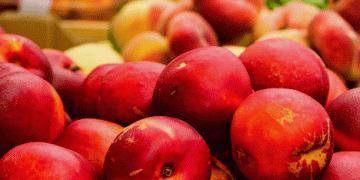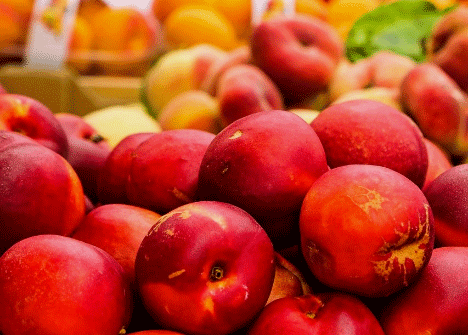A coalition of peach and nectarine producers from France, Italy, Portugal, and Spain—represented by industry associations and government officials—recently met in Fundão, Portugal, to address critical challenges in crop protection. Their key demand? A faster, more efficient pesticide approval process in the European Union (EU).
Currently, Regulation (EC) No 1107/2009 divides the EU into three zones for pesticide authorization:
- Zone A (North): Denmark, Sweden, Finland
- Zone B (Central): Belgium, Germany, Netherlands, Austria
- Zone C (South): Spain, France, Greece, Italy
However, approvals remain fragmented, with each member state conducting separate evaluations—leading to delays and unequal access to vital agrochemicals.
The Push for Zonal Approvals
The contact group’s study identified key active substances essential for peach and nectarine production. Their proposal? Automatic mutual recognition within zones—meaning a pesticide approved in Spain would instantly be available in Italy, France, and other Zone C countries.
This approach could significantly reduce approval times, which currently take 3-5 years per product (European Crop Protection Association, 2024). With climate change increasing pest pressures—such as Grapholita molesta (Oriental fruit moth) and Xanthomonas arboricola (bacterial spot)—delays threaten crop yields and farm profitability.
The Broader Impact on EU Agriculture
The European Commission has acknowledged inefficiencies in the system. A 2024 report by the EU’s Food Safety Authority (EFSA) found that 30% of pesticide applications face delays due to redundant national assessments. Meanwhile, farmers in Southern Europe report 20-30% yield losses from pests with limited control options (Freshfel Europe, 2025).
Time for Reform?
The peach and nectarine sector’s proposal highlights a critical need for EU-wide pesticide policy reform. A zonal approval system could:
✔ Reduce duplication in safety evaluations
✔ Speed up access to innovative crop protection tools
✔ Enhance food security by preventing yield gaps
With climate-driven pest risks rising, the EU must act swiftly to support its farmers. The question is: Will policymakers prioritize efficiency before it’s too late?































